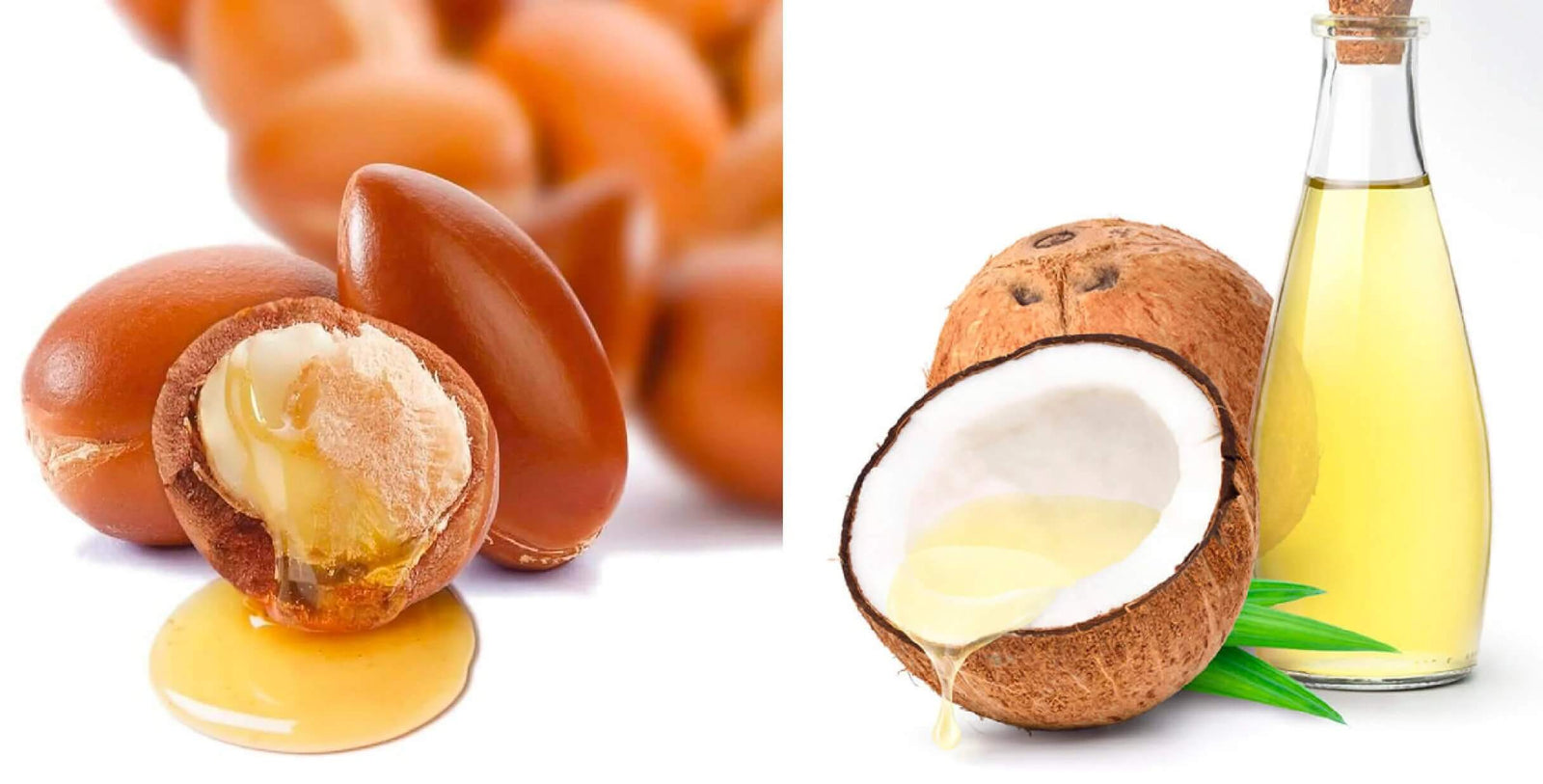
Buy the New Bronzing Sunscreen and Get a FREE Body Brush SHOP NOW.
VALID THROUGH 5/8 OR WHILE SUPPLIES LAST
VALID THROUGH 5/8 OR WHILE SUPPLIES LAST
BUY ONE, GET ONE FREE! USE CODE MOMBOGO.
Valid Through 5/11. Don't Miss Out. SHOP NOW
Valid Through 5/11. Don't Miss Out. SHOP NOW
FREE SHIPPING ON ALL ORDERS £75+
Buy the New Bronzing Sunscreen and Get a FREE Body Brush SHOP NOW.
VALID THROUGH 5/8 OR WHILE SUPPLIES LAST
VALID THROUGH 5/8 OR WHILE SUPPLIES LAST
BUY ONE, GET ONE FREE! USE CODE MOMBOGO.
Valid Through 5/11. Don't Miss Out. SHOP NOW
Valid Through 5/11. Don't Miss Out. SHOP NOW
FREE SHIPPING ON ALL ORDERS £75+
Buy the New Bronzing Sunscreen and Get a FREE Body Brush SHOP NOW.
VALID THROUGH 5/8 OR WHILE SUPPLIES LAST
VALID THROUGH 5/8 OR WHILE SUPPLIES LAST
Buy the New Bronzing Sunscreen and Get a FREE Body Brush SHOP NOW.
VALID THROUGH 5/8 OR WHILE SUPPLIES LAST
VALID THROUGH 5/8 OR WHILE SUPPLIES LAST
BUY ONE, GET ONE FREE! USE CODE MOMBOGO.
Valid Through 5/11. Don't Miss Out. SHOP NOW
Valid Through 5/11. Don't Miss Out. SHOP NOW
FREE SHIPPING ON ALL ORDERS £75+
Buy the New Bronzing Sunscreen and Get a FREE Body Brush SHOP NOW.
VALID THROUGH 5/8 OR WHILE SUPPLIES LAST
VALID THROUGH 5/8 OR WHILE SUPPLIES LAST
BUY ONE, GET ONE FREE! USE CODE MOMBOGO.
Valid Through 5/11. Don't Miss Out. SHOP NOW
Valid Through 5/11. Don't Miss Out. SHOP NOW
FREE SHIPPING ON ALL ORDERS £75+
Buy the New Bronzing Sunscreen and Get a FREE Body Brush SHOP NOW.
VALID THROUGH 5/8 OR WHILE SUPPLIES LAST
VALID THROUGH 5/8 OR WHILE SUPPLIES LAST
Your Bag
✕
Your Cart is Empty





